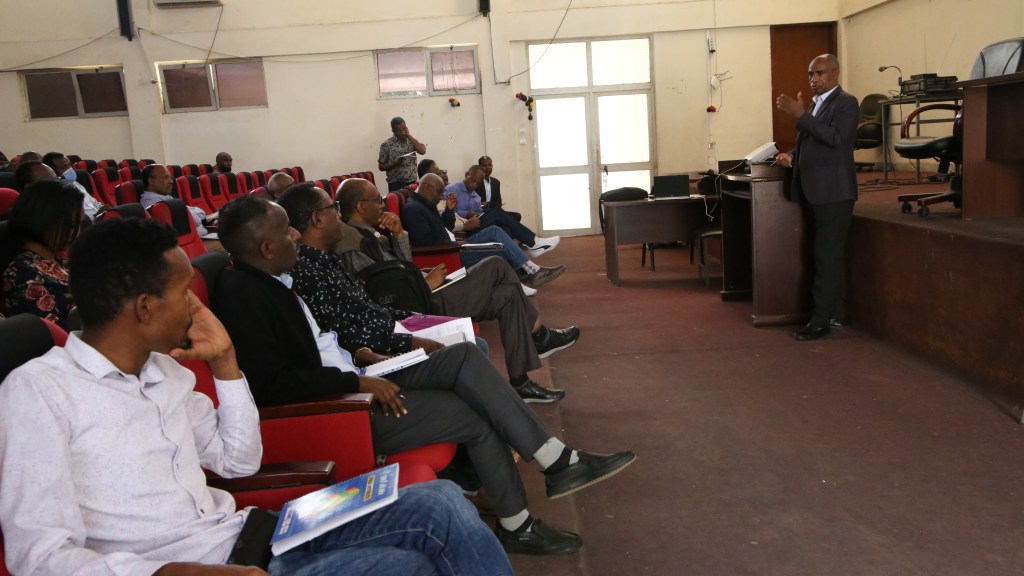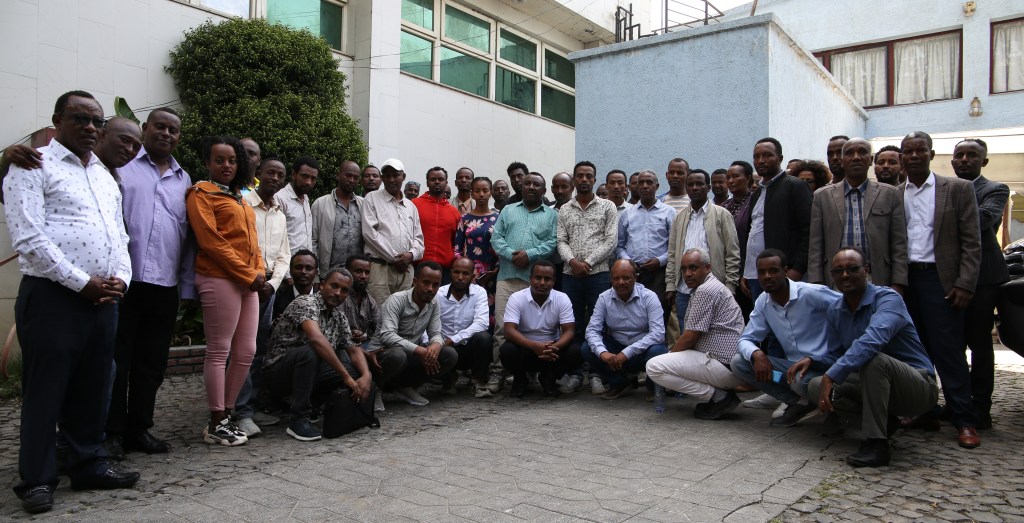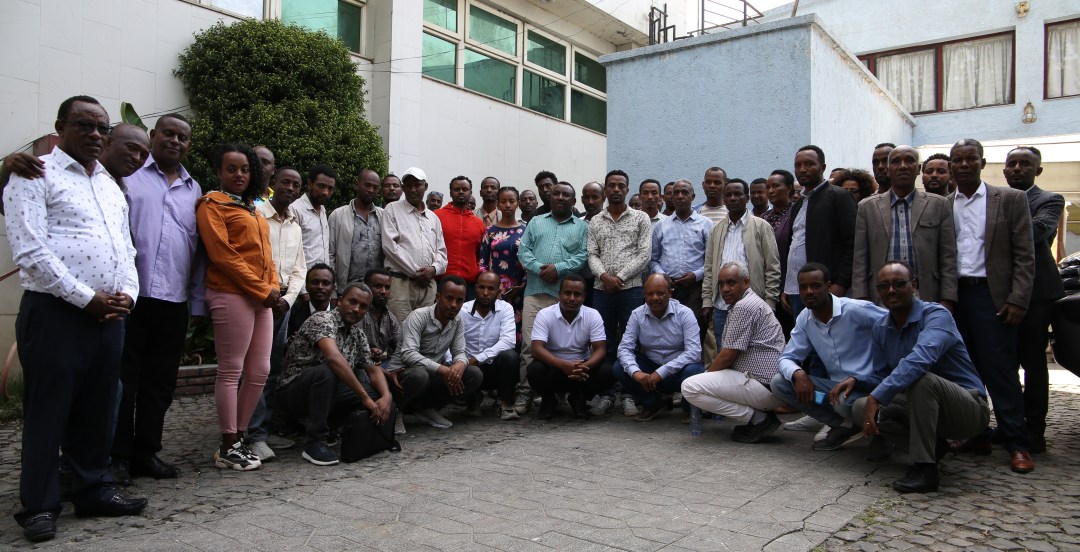Food system transformation requires innovation across and within food systems, as well as strong teamwork, partnerships, and building on previous experiences. Facilitating multi-stakeholder platforms at all levels is critical for food system transformation. RAISE-FS acknowledges and use as an implementation approach institutional innovations that improve and develop new models of collaboration and partnerships to ensure that all stakeholders are engaged and have a fair say in food system issues.
Cognizant of this fact, RAISE-FS facilitated a regional planning and validation workshop. It was held on the 11th and 13th of May in Hawassa town, following Stichting Wageningen Research (SWR) Ethiopia’s collaboration agreements with regional Agricultural Research Institutes and Universities for its project Resilient Agriculture for Inclusive and Sustainable Ethiopian Food System (RAISE-FS). The purpose was to discuss and review the activities drafted by RAISE-FS advisors and component leaders to guide the planning of activities and validation of the plan implementation during a stakeholder workshop.

The planning workshop was opened by Mr. Lecha Garuma, Southern Agricultural Research Institute (SARI) Director General opening speech. In his opening speech Mr. Lecha said RAISE-FS project engaged stakeholders starting from its design and our priorities and concerns are well considered in the project. “You have to actively engage in the planning process and committed for the successful implementation of planned activities” said Mr. Lecha to participants. Mr. Lecha stressed the ownership of activities by higher officials at all levels and their devotion is critical for the successful accomplishment of the planned activities.
The first two days were dedicated to activity planning, while the third day was dedicated to a validation workshop. The planning team were given an overview of Stichting Wageningen Research (SWR) Ethiopia and the RAISE-FS project, its outcome areas goals, the three food systems identified by RAISE-FS, and the project theory of change. Dr. Dawit Alemu, country representative of SWR Ethiopia and manager of RAISE-FS project, emphasized the planning should focus on innovation testing and validation to generate evidence for scaling and influence policy change. He said the planned activities will be implemented jointly but Universities and research centers will have different roles and responsibilities based on their mandate and excellence. SARI/research centers will lead tasks that need testing, validation, and demonstration, Hawassa University will be responsible for any topics that require special study, RAISE-FS will help partners with knowledge transfer, coaching, and capacity building. Scaling partners will promote validated technologies. During the validation workshop, stakeholders will review the plan, and those actions that are validated and endorsed by stakeholders will be implemented, according to Dr. Dawit. He acknowledged that the planning was delayed this year due to a variety of factors, but for next year it will be aligned with the regular research planning and review procedure. Dr. Dawit also stated that the planned activities will be revisited when new information becomes available to address emerging issues.

Then, to give a background and an insight about the food system transformation approach, key elements, drivers and key outcome areas presentations were made. Drafted activities per the five outcome areas were presented by component leaders. Discussion was held on the presented topics, participants raised some clarification questions and suggested points to be considered during planning. Presenters and other RAISE-FS team members replied to questions and gave explanations.

Based on the background information and orientation given, participants in three groups planned activities per the three food systems. The group activity plans reviewed and commented by the whole planning team before the validation workshop. Each group plan per the three food systems presented for the stakeholder workshop. The activities for food insecure food systems are evaluation and promotion of common bean, faba bean, taro, ginger and home gardening technologies. For high potential areas validation of potato production and storage technologies, validation of faba bean production technologies under acidic soil conditions and home gardening were the activities planned by the team. For high potential areas the activities focused on testing and validation of available improved poultry production technologies, introducing new breeds, alternative feed source and improving the value chain.
The ownership and commitment of officials at all levels, is vital to the execution and success of the planned activities.
Mr. Lecha Garuma, SARI Director General

Following the presentations, participants reviewed and validated the planned actions against their priorities in a thorough discussion. Participants expressed the majority of the activities are in line with their interest and priorities. For some activities participants provided helpful suggestions and comments to enrich and consolidate the planned activities. Assignment was given to RAISE-FS regional team to consolidate the plan based on the inputs from stakeholders.

For the planning workshop participants included researchers from Hawassa University, Worabe and Areka research centers of SARI. During the validation workshop participants came from zone to woreda level agriculture offices, women, children and youth affairs office, SNNP seed enterprise, and administration offices attended.


